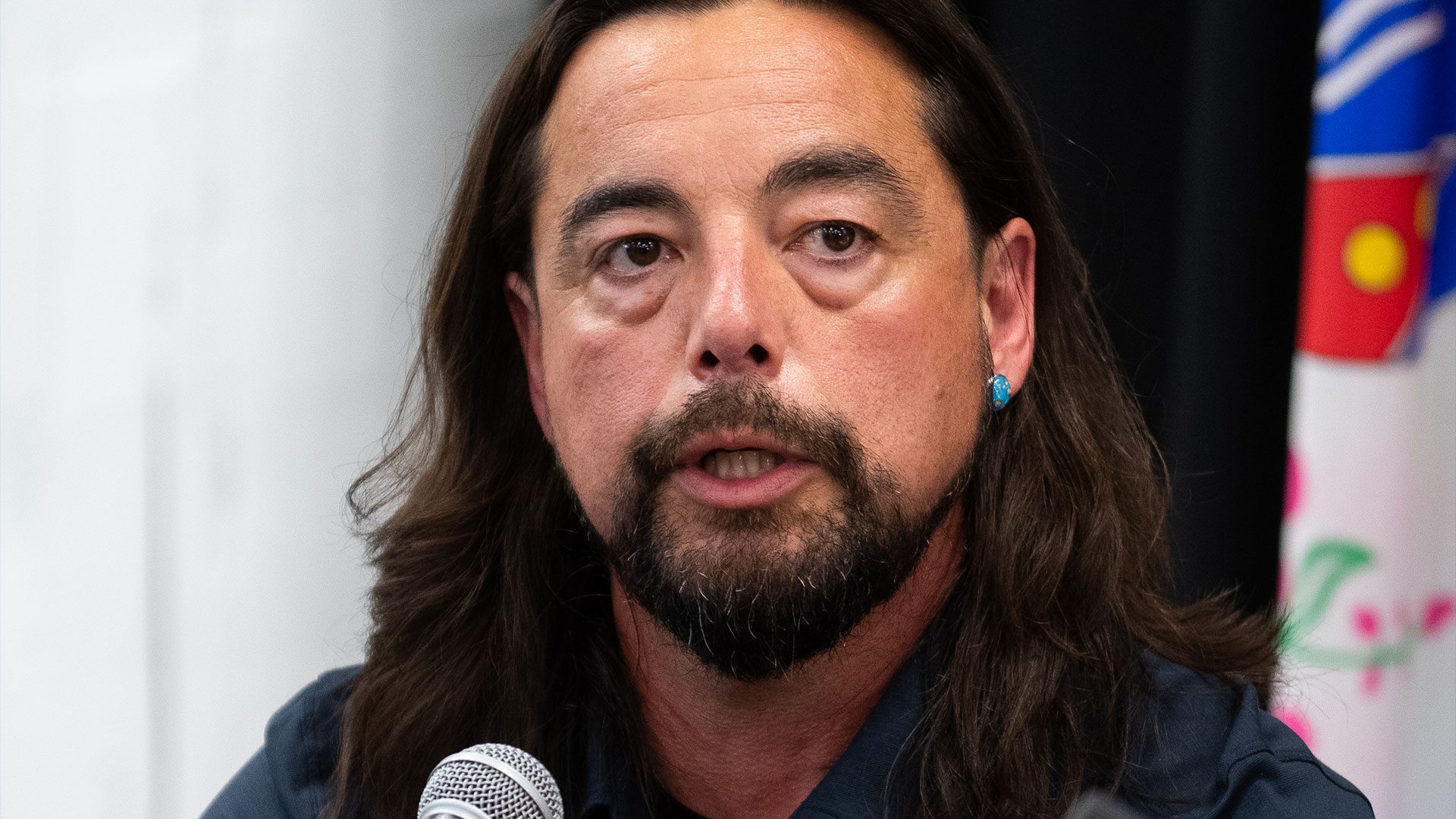Yukon has released a new strategy intended to help address substance use in the territory – but how much it will cost and when timelines will be completed are yet to be determined.
The newly released Substance Use Health Emergency Strategy was developed in collaboration with Yukon government, Council of Yukon First Nations (CYFN) and Yukon RCMP.
The 60-page document provides a roadmap for addressing substance use-related harms, aims to support people who are struggling with mental health and addictions, promotes health and safety, and focuses on ways to tackle organized crime.
“It is designed so that everyone can see themselves in there and how they might be able to help to respond,” Health and Social Services Minister Tracy-Anne McPhee told reporters during an Aug. 23 press conference.
“Whether it’s educating themselves as just as an individual on Naloxone kits, or on drug testing, or helping a friend…all the way up to quite large programs that government will lead or government with our partners will lead.”
The strategy includes 43 actions across what it calls four areas of growth: prevention, harm reduction, treatment and recovery support and community safety and wellbeing.
Recommendations include opening a sobering shelter and increasing support for Yukon First Nations governments to develop and implement land-based mental health and substance use treatment options.
The strategy comes 19 months after McPhee declared a substance use health emergency in January 2022.
McPhee made the declaration following an announcement from the Yukon Coroners Service that four people died from overdose during the first week of January 2022.
The minister noted there were 14 actions in the strategy that are a priority, though she did not specify. Timelines, she said, are in the works.
As for the overall cost of all 43 actions, McPhee said she didn’t have an “ultimate number.”
“It will likely evolve over time,” she added.
Strategy ‘creating opportunities
McPhee was joined by CYFN Grand Chief Peter Johnston, Yukon RCMP Chief Supt. Scott Sheppard and Yukon Chief Medical Officer Dr. Sudit Ranade.
Johnston became emotional as he described how colonization has negatively impacted the physical and emotional health of First Nations people in the territory.
“Now we’re living in poverty, now we’re living without a sense of hope,” he said.
“We’re living in a dark time. We’re not eating the appropriate foods to sustain us through the winter.”

He also noted rural communities are often lacking capacity and infrastructure as most services and supports are centralized in Whitehorse.
Johnston said he is glad to see the territory moving in the right direction.
“I think really at the end of the day, it is creating opportunities for our communities to succeed,” he said.
“It’s sustainable communities, it’s building community capacities. It’s having infrastructure that is needed and wanted and used.“
Sheppard said one of the biggest challenges in implementing the strategy will be promoting harm reduction while also ensuring community safety.
He said an example of this is Whitehorse’s supervised consumption site.
“We know the last thing we want to do is to discourage people, although we have no interest in the work that’s going on behind those doors from a policing perspective,” he said.
“We just want to be careful that we don’t discourage some of the efforts that are being made.”
McPhee said the strategy is a living document and its objectives will likely change over time.
She’s confident what has been developed will help people in the territory who are struggling.
“I think this strategy going forward is extremely well researched. It’s based on the best practices from across the world, and the opportunity for us to make it Yukon-specific is here,” she said.
“It will help us move forward with much of the work that’s already been happening since the first declaration.”
Yukon continues to lead the country in per capita toxic illicit overdose deaths.









